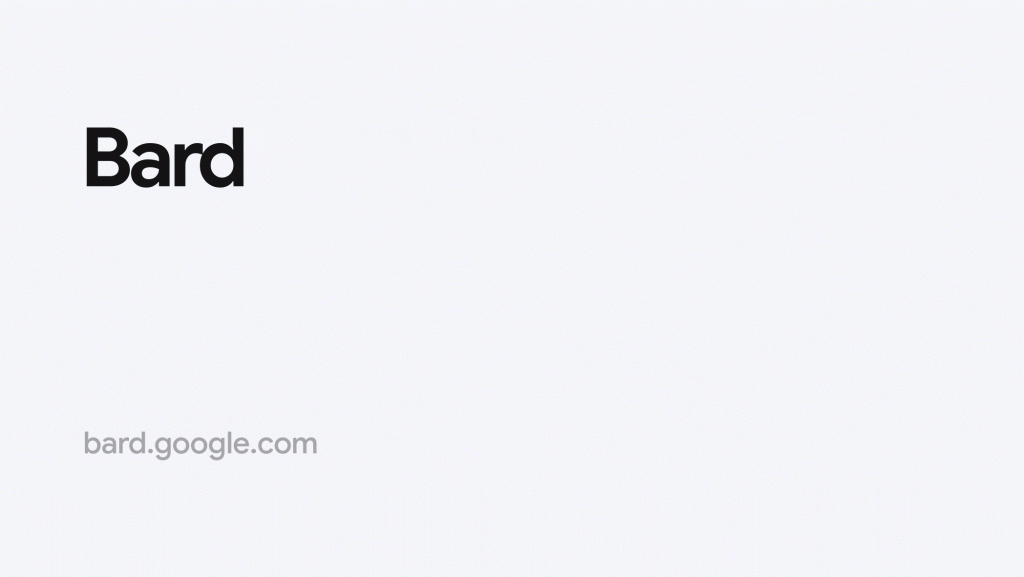Google has introduced Bard, an AI chatbot intended to rival OpenAI’s ChatGPT and Microsoft’s chatbot on the Bing search engine.
According to a blog post, Bard is an initial AI experiment that aims to boost productivity, speed up idea generation, and encourage curiosity. Bard can be utilized to receive advice, explanations, or creative support in various tasks, including outlining blog posts.
In an announcement, Google has shared that access to Bard, an initial trial that enables users to collaborate with generative AI, is now being opened up. The service is currently available in the United States and the United Kingdom, with plans to broaden its reach to additional nations and languages in the future.
—
Google intends to establish its position in the AI chatbot industry while retaining its supremacy in the search engine market through the introduction of Bard.
Capabilities of Bard AI
The functionality of Bard stems from a large language model (LLM) developed for research, which is a streamlined and refined iteration of LaMDA.
Bard operates using a research-based large language model (LLM), specifically an optimized and lightweight version of LaMDA, that will be updated with more advanced models in the future. The development of Bard is founded on Google’s comprehension of high-quality information.
An LLM operates as a prediction mechanism, generating responses to prompts by selecting one word at a time from a list of probable options. To avoid predictable and uncreative outcomes, some degree of flexibility is incorporated. We have observed that as people use LLMs more frequently, their predictive abilities for generating helpful responses improve.
Bard serves as a direct link to an LLM and is meant to complement the Google Search experience. It has been created to facilitate easy access to Search for verifying responses or investigating sources online.
By clicking on “Google it,” you can obtain query recommendations, and Search will open in a new tab, allowing you to uncover pertinent information and delve further. Additionally, we plan to thoughtfully integrate LLMs into Search more extensively, and we will share further details soon.
Bard operates as an independent web page, featuring a single query box, as opposed to being integrated within Google’s search engine. This decision was made to incorporate novel AI technology while maintaining the profitability of its search engine operations.
To test Bard, you can register at bard.google.com. As per Google’s announcement, access will be launched today in the U.S. and U.K., with plans to expand gradually to additional countries and languages.


